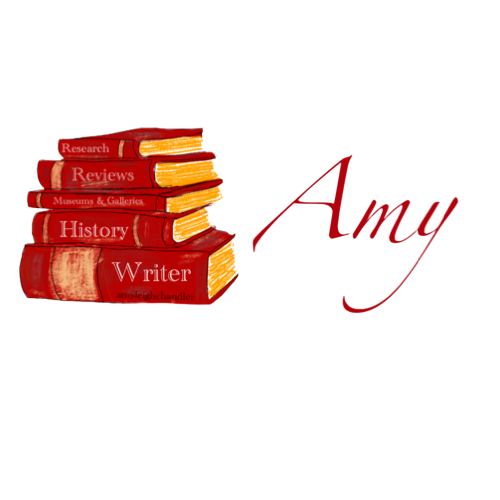Performance: 7 June 2025, 2.30pm
The roaring twenties has danced its way from broadway to London’s West End with an adaptation of F. Scott Fitzgerald’s The Great Gatsby, but make it a musical.
For those who are unaware of the plot, the book follows a banker Nick Carraway as he navigates a stifling hot summer in New York following serving in the Great War (WW1) and becomes entangled in a web of affairs among the elite of old money of his cousin Daisy and her husband Tom. His neighbour, Jay Gatsby is from new money and hosts lavish parties every weekend in the hope that his former love Daisy Fey (now Buchanan), that lives across the bay, will one day stumble into one of his parties and fall back into his arms. The book unfolds highlighting the brutality of the new vs old money and how blood and breeding will always win and shines a light on the harsh realities of this clash. Gatsby longs to recreate the past while forgetting that the tide is pulling society forward, whether they like it or not. After the war, these people are given a choice to embrace the roaring twenties of the jazz age or to retreat back into the past. The book highlights that if one is from old money, they have the luxury to retreat into themselves. The Great Gatsby is a remarkable piece of social commentary with many themes that dig underneath the skin of society.
Review
After reading the book and watching various adaptations, I was interested to see how the roaring twenties could be adapted to the stage. Given the somewhat tragic nature of the story and the social commentary of the elite of the jazz age, I don’t think the use of big showy musical numbers was the way to go with this one. The songs were bold but didn’t quite hit the mark with many feeling overly drawn out or high notes that, honestly, made my ears rumble. The pace did pick up after the interval, but again did feel overly drawn out. That being said there were some songs that stood out and clearly conveyed the environment in which the show is set, for example ‘Shady’ stood out and emphasised the criminal network and the prohibition. Other songs like Tea also helped present Gatsby’s erratic and nervous behaviour regarding having tea with Daisy, which was well executed. I think the main issue was the over saturation of songs in a quick succession. This shifts the tone very quickly and doesn’t allow the audience to understand the poignancy of the lyrics or the scene. The actors played each character that was very close to the books and the original intention, which I appreciated. From the first moment the audience walks to take their seats, they are greeted with the sound of seagulls and rushing water, which captures the bays of East (old money) vs West (new money). Other moments such as using multiple voices over one another to convey Daisy’s anxiety or a loud party was really well executed. The staging and the band helped capture the essence of this intense environment of excess and heightened emotions. The sets brilliantly captured the 1920s New York and drew the audience in. I loved small details in the staging like the steps leading to a swimming pool alluding to that famous ending with Jay Gatsby and George Wilson. These sets created that illusion of grandeur that clashed with the Wilson’s garage or even The Plaza or Myrtle’s sister, Catherine’s apartment. These scenes were very well drawn and staged to create the illusion of excess but in different ways and highlighted not only a class divide, but the seedy underbelly of the affairs and the actions of these characters.
Overall a fairly faithful adaptation of the book in terms of the main plot points and did well to draw the audience in with the staging of the cottage, Plaza, Gatsby’s house and even Wilson’s garage that felt like the stage was much bigger than it was. However, the songs were incongruous to some of the more emotive points and lost their meaning along the way. The main points of the original work and social commentary were brushed over and did not give the audience enough space to reflect or understand the importance of what Fitzgerald was trying to convey. The big show tunes deflected from this and reduced the story down to lavish parties and hedonism, rather than a clash of class and the ruthlessness of society. I’m not sure everything can or needs to become a musical. I think it could have benefitted from a tighter performance and even cut out a few songs here and there. I have to say it didn’t grab my attention as much as I would have liked. Some songs were drawn out and I don’t know whether this was my location in the theatre being up high and far away from the stage, but the sound wasn’t great. I found it difficult to understand the lyrics being sung, especially as songs were a big part in conveying scenes or backstories to the audience. I think it is very difficult to tell a story through song, but there are examples that do this very well such as Hamilton, but on this occasion some of the scenes were hard to follow.
Stay updated
Amy is a writer and reviewer and is currently working on a YA fantasy novel. For more content click here to read book reviews, short stories and updates on Amy’s writing journey.
Don’t forget to follow Amy on TikTok, X and Instagram.

Sign up to Amy's newsletter for exclusive content, updates and reviews!

